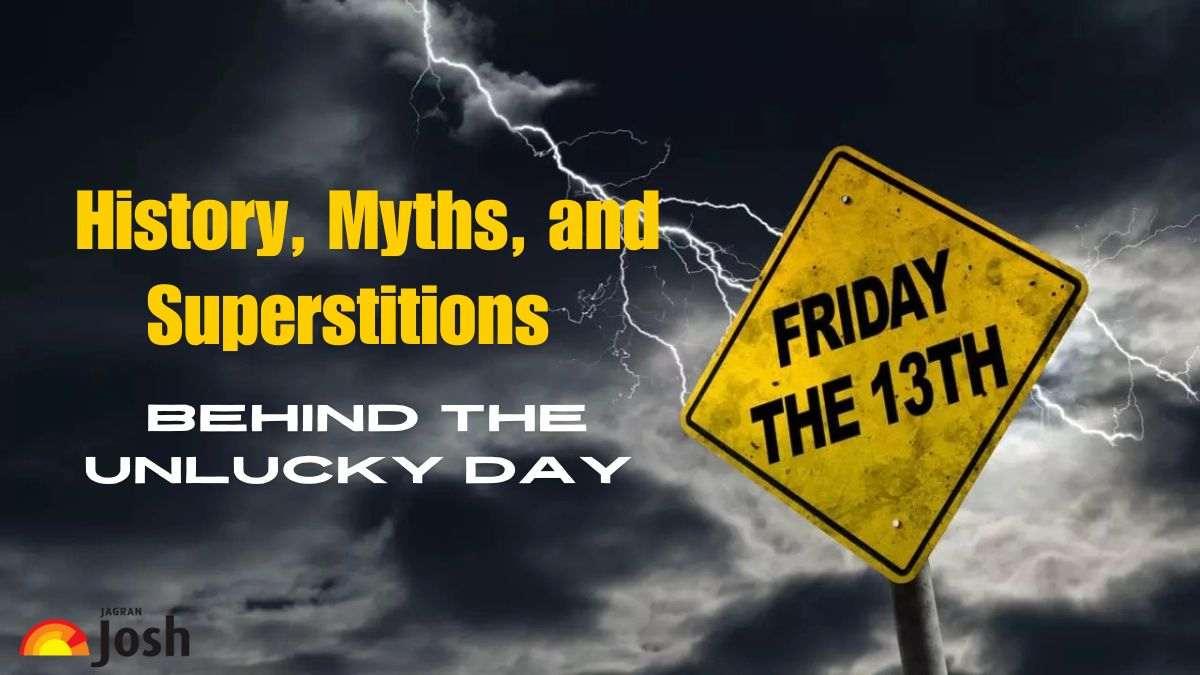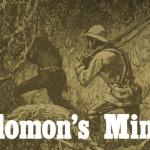Posted At: Mar 03, 2025 - 961 Views

Introduction
Superstitions play a significant role in shaping cultural beliefs and traditions across the world. One of the most enduring and widely recognized superstitions is Friday the 13th, which is often associated with bad luck, misfortune, and avoidance of major decisions. While some may dismiss it as a mere myth, this superstition has deep historical and cultural roots, influencing behaviors across different societies.
This study explores the origins of the Friday the 13th superstition, tracing its connections to Norse mythology, Christian traditions, and modern cultural influences.
🚀 Download the Full Analysis (PDF): Click Here
1. Historical Origins of the Friday the 13th Superstition
📌 Key Insight: The fear of Friday the 13th is rooted in ancient religious and cultural traditions, reinforced by historical events and literary works.
🔹 Norse Mythology:
✔ The number 13 was associated with Loki, the trickster god, who was the thirteenth guest at a dinner in Valhalla, leading to chaos and misfortune.
🔹 Christian Tradition:
✔ Judas Iscariot, the disciple who betrayed Jesus, was the thirteenth guest at the Last Supper.
✔ Jesus was crucified on a Friday, further solidifying Friday as an unlucky day.
💡 Takeaway: These religious and mythological origins combined to create the superstition surrounding Friday the 13th as an unlucky day.
2. Cultural Reinforcement of the Friday the 13th Superstition
📌 Key Insight: Popular culture, literature, and media have reinforced this superstition, making it a widely accepted belief.
🔹 Examples of Friday the 13th in Popular Culture:
✔ The horror movie franchise Friday the 13th (1980) solidified the superstition in modern media.
✔ Many hotels and skyscrapers skip the 13th floor to avoid bad luck.
✔ Some airlines avoid having a row 13 in seating arrangements.
🔹 Psychological & Social Influence:
✔ Some individuals avoid making major decisions, traveling, or scheduling important events on Friday the 13th.
✔ Others follow rituals to ward off bad luck, such as knocking on wood or avoiding black cats.
💡 Takeaway: The continued presence of this superstition in media and society reinforces its psychological impact, even in modern times.
3. The Cultural Significance of Superstitions
📌 Key Insight: Superstitions reflect deep-seated cultural beliefs and influence human behavior across generations.
🔹 Why Do Superstitions Persist?
✔ Provide a sense of control in uncertain situations.
✔ Passed down through generations, shaping societal norms.
✔ Reinforced by media, folklore, and storytelling traditions.
🔹 Superstitions Across Different Cultures:
✔ China: The number 4 is considered unlucky because it sounds like the word for “death.”
✔ Italy: The number 17 is feared, as its Roman numeral (XVII) can be rearranged to spell “I have lived” (VIXI), a phrase associated with death.
💡 Takeaway: The Friday the 13th superstition is one example of how cultural beliefs shape human perception and behavior over time.
Conclusion
The fear of Friday the 13th is deeply embedded in history, mythology, and popular culture. Whether through Norse legends, Christian beliefs, or modern cinematic influences, this superstition has persisted for generations, shaping attitudes, behaviors, and cultural traditions.
📥 Download Full Analysis (PDF): Click Here
Related Cultural Studies & Folklore Resources 📚
🔹 The Psychology of Superstitions: Why We Believe in Bad Luck
🔹 The Role of Myths & Folklore in Shaping Cultural Identity
🔹 How Popular Media Reinforces Superstitions
📌 Need expert insights on culture and folklore? 🚀 Our professional writers at Highlander Writers can assist with cultural research, mythology analysis, and folklore studies!
Leave a comment
Your email address will not be published. Required fields are marked *










